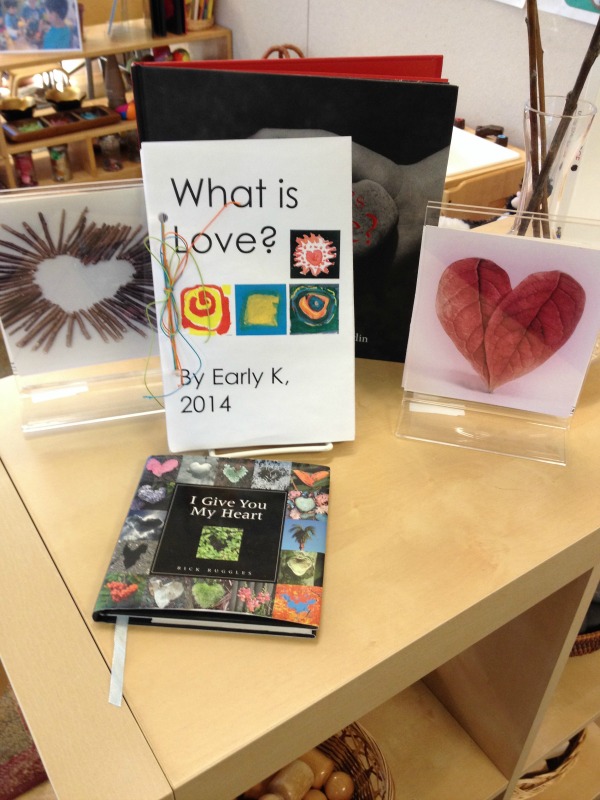 Ashley and I just read an intriguing book, A More Beautiful Question, by Warren Berger. We first heard about this book through our work in inquiry-based learning with Oregon Episcopal School. We have always been struck by the thoughtful and powerful questions that drive the work at Opal School of the Portland Children's Museum. The images in this blog post are all from Opal.
In his book, Berger quotes some staggering statistics. On average, children between the ages of 3 and 5 ask 300 questions a day! And what happens? Then, they stop. Because of lots of reasons including this one: school and teachers are usually looking for answers from children not questions.
Ashley and I just read an intriguing book, A More Beautiful Question, by Warren Berger. We first heard about this book through our work in inquiry-based learning with Oregon Episcopal School. We have always been struck by the thoughtful and powerful questions that drive the work at Opal School of the Portland Children's Museum. The images in this blog post are all from Opal.
In his book, Berger quotes some staggering statistics. On average, children between the ages of 3 and 5 ask 300 questions a day! And what happens? Then, they stop. Because of lots of reasons including this one: school and teachers are usually looking for answers from children not questions.
Berger's main message is that framing questions and wondering why? what if ?and how? are among the critical skills of our time. We need to cultivate the natural curiosity and questioning disposition that children have in schools.
I always think of Pedagogical Consultant to Reggio Children, Carlina Rinaldi's, advice to parents. When your child asks, "Why is there a moon?" Instead of giving her some kind of answer, ask her what she thinks and imagines. What theories does she have? In this way, you start a wondering conversation with your child where you are investigating together and enjoying the pleasure of that search. This is a good idea for teachers, too. Children are full of theories if we ask them and wonder with them. It is the search and the questions that are the most important part of life, not answers, that for the young child, may not stick or make sense in any case.
This is the heart of inquiry-based learning: learning that comes from real curiosity and a desire to uncover meaning and knowledge that can all hang together and last inside of us so that it changes our perspective and our way of understanding the world.
This is real learning, the kind we would like to see in schools.
Did you know that our brain does not really like answers? We much prefer puzzles and unsolved mysteries. Just try to watch your brain sometime and you will see.
We highly recommend this book, especially Chapter Two, which is all about children and schools. If you read it, tell us what you think and what new questions you have.
You can watch this trailer about the book to get a taste.




